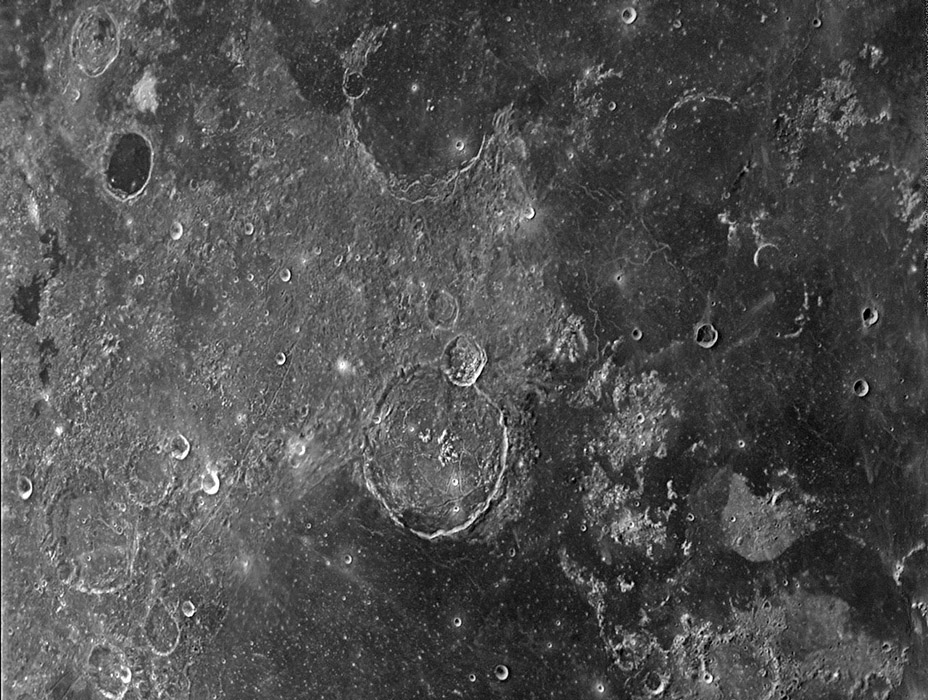Difference between revisions of "August 15, 2008"
| (2 intermediate revisions by the same user not shown) | |||
| Line 1: | Line 1: | ||
__NOTOC__ | __NOTOC__ | ||
=Full Moon Secrets= | =Full Moon Secrets= | ||
| + | <!-- Start of content --> | ||
<!-- ws:start:WikiTextHeadingRule:1:<h1> --> | <!-- ws:start:WikiTextHeadingRule:1:<h1> --> | ||
<!-- ws:start:WikiTextLocalImageRule:7:<img src="/file/view/LPOD-Aug15-08.jpg/35347109/LPOD-Aug15-08.jpg" alt="" title="" /> -->[[File:LPOD-Aug15-08.jpg|LPOD-Aug15-08.jpg]]<!-- ws:end:WikiTextLocalImageRule:7 --><br /> | <!-- ws:start:WikiTextLocalImageRule:7:<img src="/file/view/LPOD-Aug15-08.jpg/35347109/LPOD-Aug15-08.jpg" alt="" title="" /> -->[[File:LPOD-Aug15-08.jpg|LPOD-Aug15-08.jpg]]<!-- ws:end:WikiTextLocalImageRule:7 --><br /> | ||
<em>image by [mailto:bart.declercq@gmail.com Bart Declercq]</em><br /> | <em>image by [mailto:bart.declercq@gmail.com Bart Declercq]</em><br /> | ||
<br /> | <br /> | ||
| − | Imagers typically concentrate on low-Sun views where long shadows magnify tiny variations of topography. Those are valuable images and so are ones like this at higher-Sun angles which reveal differences in reflectivity. Bart's nice image could almost be the first sheet of a new <em>High-Sun Atlas of the Moon</em>. A large regional area is depicted at high enough resolution to pick out delicate features such as the Herigonius Rille northeast of Gassendi. As pointed out [ | + | Imagers typically concentrate on low-Sun views where long shadows magnify tiny variations of topography. Those are valuable images and so are ones like this at higher-Sun angles which reveal differences in reflectivity. Bart's nice image could almost be the first sheet of a new <em>High-Sun Atlas of the Moon</em>. A large regional area is depicted at high enough resolution to pick out delicate features such as the Herigonius Rille northeast of Gassendi. As pointed out [[November_22,_2006|previously]] bright reflections from the inner walls of the Rille make it far easier to detect at high Sun than at low. The southern boundary of the Helmet is seen to be surprisingly sharp, due to mare lavas that [[January_29,_2007|pit]] just northwest of Gassendi. Another bright feature of a different sort is the [[March_2,_2004|Arrowhead]] just above dark=floored Billy at the upper left. Like the Helmet, the Arrowhead is thought to be one of the uncommon outcrops of volcanic material with a different composition than normal mare basalts. <br /> |
<br /> | <br /> | ||
<em>[mailto:tychocrater@yahoo.com Chuck Wood]</em><br /> | <em>[mailto:tychocrater@yahoo.com Chuck Wood]</em><br /> | ||
| Line 18: | Line 19: | ||
<p><b>Tomorrow's LPOD:</b> [[August 16, 2008|Limb Magic]] </p> | <p><b>Tomorrow's LPOD:</b> [[August 16, 2008|Limb Magic]] </p> | ||
<hr /> | <hr /> | ||
| + | {{wiki/ArticleFooter}} | ||
Latest revision as of 21:21, 22 March 2015
Full Moon Secrets

image by Bart Declercq
Imagers typically concentrate on low-Sun views where long shadows magnify tiny variations of topography. Those are valuable images and so are ones like this at higher-Sun angles which reveal differences in reflectivity. Bart's nice image could almost be the first sheet of a new High-Sun Atlas of the Moon. A large regional area is depicted at high enough resolution to pick out delicate features such as the Herigonius Rille northeast of Gassendi. As pointed out previously bright reflections from the inner walls of the Rille make it far easier to detect at high Sun than at low. The southern boundary of the Helmet is seen to be surprisingly sharp, due to mare lavas that pit just northwest of Gassendi. Another bright feature of a different sort is the Arrowhead just above dark=floored Billy at the upper left. Like the Helmet, the Arrowhead is thought to be one of the uncommon outcrops of volcanic material with a different composition than normal mare basalts.
Chuck Wood
Technical Details
2008-07-24, 3h20UT. C9.25 @ F/16 , DMK31AF camera, Astronomik Green filter, mosaic of 4 recordings at best 256 of 2000 frames each.
Related Links
Rükl plates 51 & 52
Yesterday's LPOD: Low Oblique Tour
Tomorrow's LPOD: Limb Magic
COMMENTS?
Register, Log in, and join in the comments.



